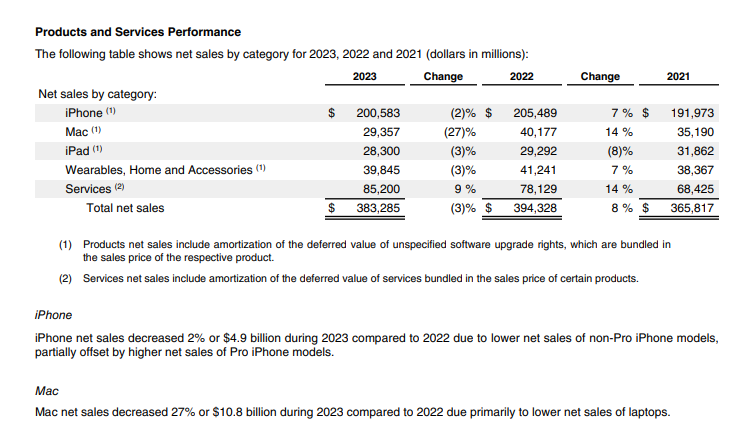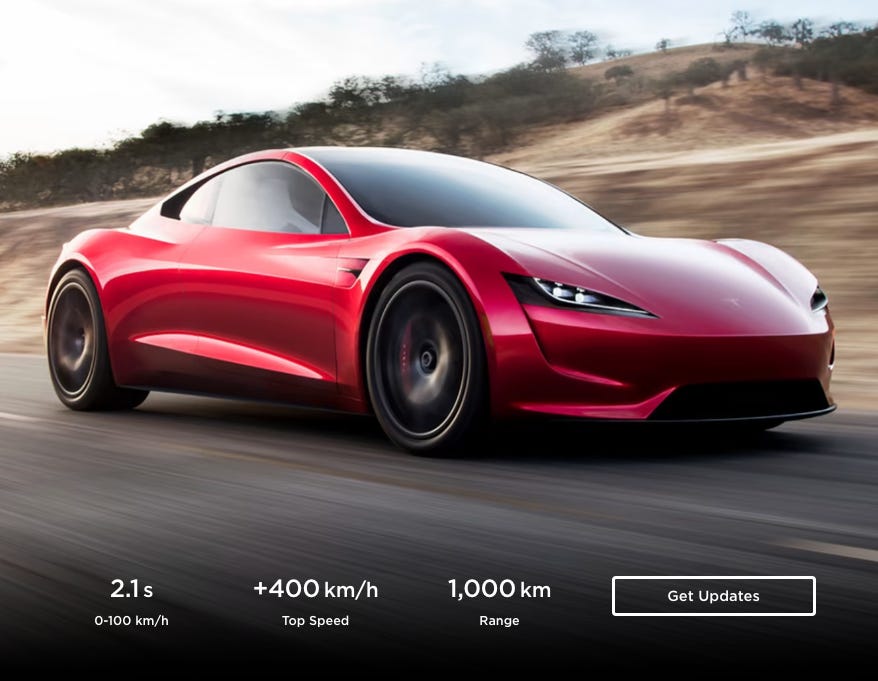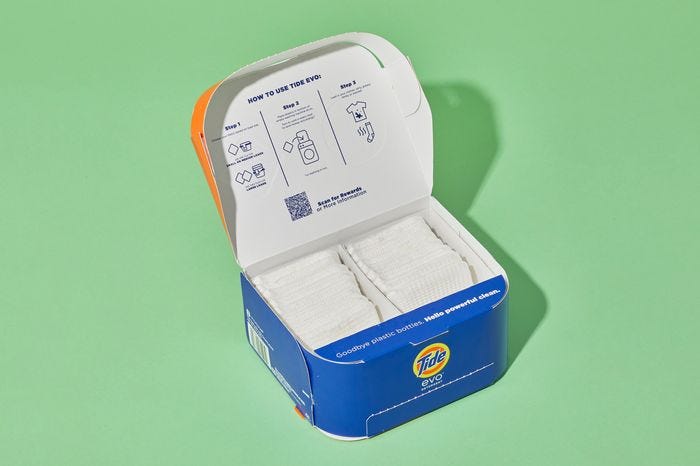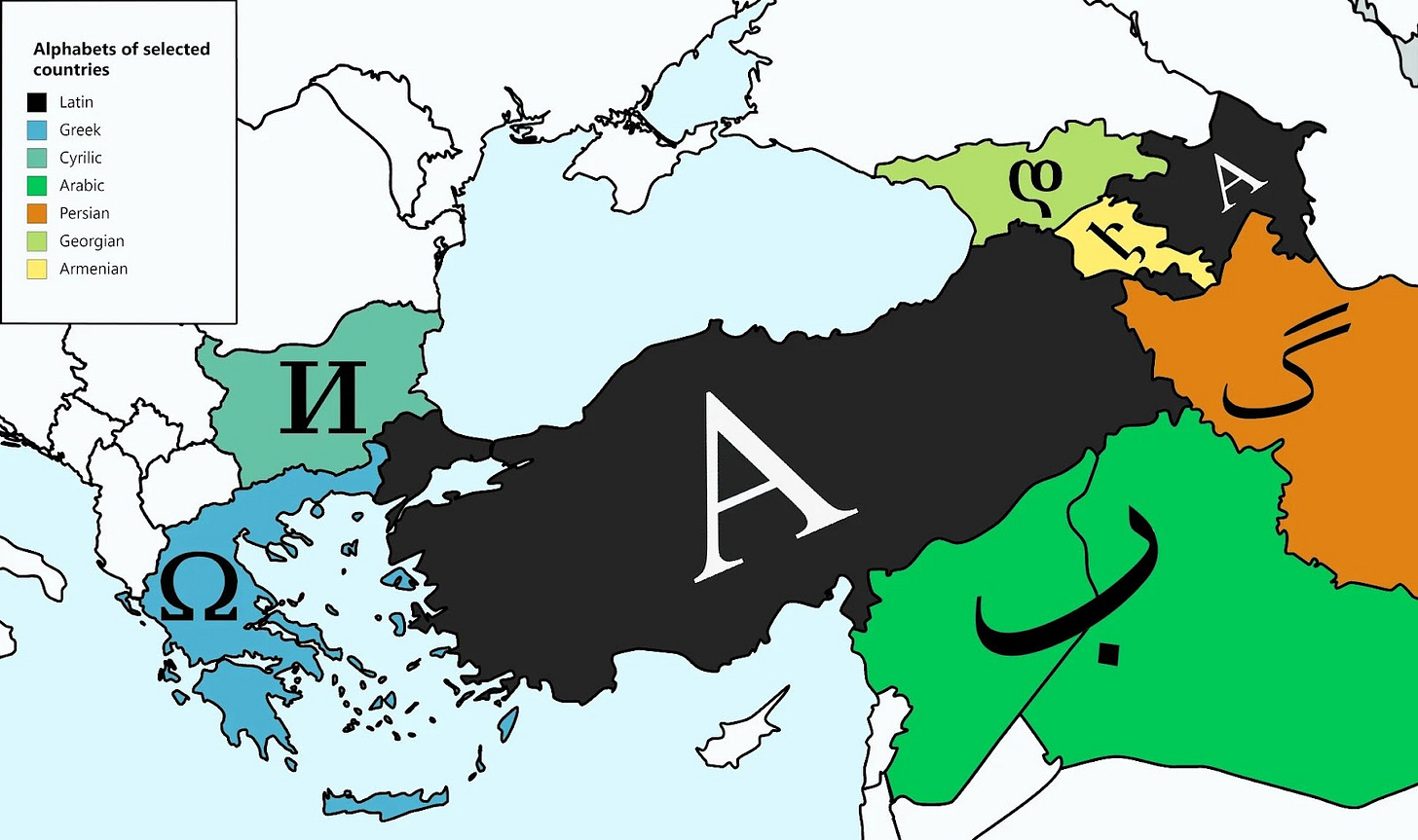(#65) Apple's ever darling; TikTok will be banned eventually; Yann LeCun on AI in 2029; and P&G latest innovation
Scientists say they’re closer to reviving mammoths
Knowledge Partner: EY
Download the latest edition of EY Attractiveness Survey Romania, an in-depth study designed to help businesses make investment decisions.
Findings are based on the views of representative panels of international and local decision-makers. Click HERE.
Today’s menu
Apple’s ever darling: the iPhone
TikTok should be banned!
Rivian launches three new EVs, but has more problems than solutions
Two on AI: Lex Friedman discussed with Yann LeCun, while Jensen Huang (NVIDIA CEO) went to Stanford for another speech
Turkey borders 8 countries with 7 different alphabets
Strategy
Apple’s priorities
On the 4th of March Apple announced their new 13 and 15-inch Macbook Air powered with M3 chips. LINK
Less than two weeks later the promo of these new products was not present on their website homepage. What’s back on top is …the iPhone 15 Pro, as can be seen below:
Why? Because the iPhone still drives most of Apple's sales. Q.E.D. LINK
Banning TikTok
I have been a long advocate for banning TikTok due to the powerful tool for the Chinese government to influence elections. Here is a short example of its power. Politico, Axios, The Economist
Financial Times:
“China’s smartphone makers can find an edge in cars as Apple retreats”
Well, not really. Building EVs is much easier than building an ICE (ie. internal combustion engine) car, which was developed with proprietary patents & know-how over one century. For an EV you need know-how in only 5 areas:
1/ e-motor
2/ battery
3/ hypercasting
4/ autopilot
5/ multimedia
Xiaomi positions itself as “the Apple of China”. Their smartphone market share in China is 5th, after Huawei, Honor, Appl, and Vivo. FT, Marketshare
Rivian took us by surprise with the announcement of three new cars
The Rivian R2, R3, and R3X models are exceptionally impressive. While I'm not suggesting that Apple's decision to exit the automotive industry was erroneous, it's significantly disheartening that they could not make their venture a success. All three new models will hit the market beginning in 2026. LINK
Now, Rivian has its own problems:
1/ Production scalability and efficiency. LINK
2/ Supply chain reliability and component sourcing. LINK
3/ Competition from established automotive and new EV manufacturers (ie. Tesla and Chinese companies)
4/ Financial sustainability and capital acquisition. LINK
5/ Expanding and establishing a robust charging infrastructure and service network. LINK
A new toy for adrenaline junkies: Tesla Roadster
Some early insights:
0-60 mph in 0.95 seconds = 2.88G of acceleration (on Tesla’s website is mentioned as 2.1 seconds but Elon didn’t dismiss the rumor)
Experiencing this level of forward acceleration for a brief period is entirely safe for human bodily functions. Nonetheless, it could lead to temporary side effects like an involuntary release of bladder control due to the intense excitement. Rumor, Tesla
P.S. coming next year
Artificial Intelligence
A deep dive into the NVIDIA chips that are powering the AI revolution. LINK
Some take from the speech of Jensen Huang (NVIDIA CEO) at Stanford Institute for Economic Policy Research (SIEPR)
1/ Within the next five years, AI is expected to be capable of passing every test a human can, including highly specialized tests such as medical licensing exams. This indicates a significant leap in AI's understanding and application of complex knowledge.
2/ Huang predicts a million-fold increase in the computational capabilities of AI systems within a decade. This growth will enable AI systems to not only generate synthetic data but also to learn, infer, and imagine continuously, enhancing their ability to engage in critical thinking over extended periods.
3/ The way humans interact with AI will undergo a substantial change. Future AI systems will move beyond instant question-answering to engage in deeper critical thinking, offering a fundamentally different user experience compared to current models like ChatGPT.
4/ Despite these advancements, Huang expresses uncertainty about whether AI technology will fully mimic the human mind. The definition and recognition of AI achieving human intelligence remain open questions, underscoring the ongoing debate about the limits and potentials of AI.
5/ Sharing insights from his journey with Nvidia, Huang highlights the importance of resilience and the ability to overcome setbacks. He humorously suggests that experiencing pain and suffering is crucial for developing the tenacity required for significant achievements, reflecting on the broader philosophical and personal growth aspects intertwined with technological innovation. LINK
Language models assume people who use proper English are smarter than those who use ghetto slang. “I’m going to” versus “I’m finna be.”

Futurist Ray Kurzweil tells Joe Rogan AI will achieve Human-level intelligence by 2029
"We're not quite there, but we will be there, and by 2029 it will match any person. I'm actually considered conservative. People think that will happen next year or the year after.
I actually said that in 1999. I said we would match any person by 2029. So 30 years, people thought that was totally crazy.
In fact, Stanford had a conference that invited several hundred people from around the world to talk about my prediction, and people thought that this would happen, but not by 2029. They thought it would take 100 years." LINK
Lex Friedman interview with - the OG in AI the one and the only - Yann LeCun
Yann LeCun emphasized the limitations of large language models (LLMs), the significance of open-source contributions to the AI community, and the often debated path toward achieving artificial general intelligence (AGI). LeCun shared insights on the advancements in AI research, such as the Joint-Embedding Predictive Architecture (JEPA), and its comparison to traditional LLMs, touching upon innovations like DINO and I-JEPA, and the development of V-JEPA for enhancing video prediction. He also explored the challenges AI faces with hallucination, reasoning, and the application of reinforcement learning. The discussion highlighted the critical role of bilingualism in thinking and the potential of hierarchical planning in advancing AI's capabilities.
Addressing the broader implications of AI, LeCun dismissed the pessimistic views held by AI doomers, presenting an optimistic outlook on the future powered by AI technologies. He underscored the importance of keeping AI research and development open to the global community to foster innovation and mitigate risks associated with ideological biases in AI. The conversation also touched upon the influence of cultural phenomena, such as "woke AI," and the intersection of AI with ideology, demonstrating LeCun's holistic view on the integration of AI into society. With references to influential figures like Marc Andreessen and Joscha Bach, and topics ranging from humanoid robots to the potential of Llama 3 in pushing the boundaries of AGI, the interview not only showcased LeCun's depth of knowledge but also his vision for a future where AI enhances human capabilities and offers hope for solving complex global challenges. LINK
Things happen
McKinsey interview with Chris Dixon on how to reshape the digital landscape. LINK
Google has a blog discussing their threat modeling when deploying “post-quantum” (PQC) cryptographic algorithms. It’s an interesting read. LINK
Global population crash isn't Sci-Fi anymore. LINK
Apple has quietly patented an AirPod capable of detecting electrical signals from brain activity and extracting features. LINK
Data
USA Uber Alles! LINK
Malaysia is not surprisingly the winner in the chip war between the USA and China. LINK
China keeps publishing fewer and fewer economic statistics…and that’s a bad thing. LINK
Outside Interest
Center for Strategic & International Studies:
“China’s defense industrial base is operating on a wartime footing, while the U.S. defense industrial base is largely operating on a peacetime footing.” LINK
P&G launches tide tiles in a bid to change how laundry is done:
“[...]the new technology eliminates the need for plastic bottles and drastically reduces shipping weight when more people are buying their detergent online.
Each tile—think of a palm-sized Triscuit—has six layers of fibers made of cleaning materials that dissolve in water and are designed to wash cold—saving on energy bills” LINK
Did you know that Turkey borders 8 countries with 7 different alphabets?
NATO is preparing for elections with two candidates: Mark Rutte (The Netherlands) and Klaun Iohannis (Romania). Here is the latter’s plan for NATO. LINK
How mountains are created. LINK
Scientists say they’re closer to reviving mammoths. LINK
Thank you for being an onStrategy reader!
Interesting newsletters 💡
Work with me
🧑🏻💻 Each year I do a presentation on what's coming next: business, tech, and (new) business models.
This year I focus on the generative AI implications, the new disruptors, on aggregators, the macro environment...and more. (80 slides, 1.5h)
Write me at contact@onstrategy.eu














